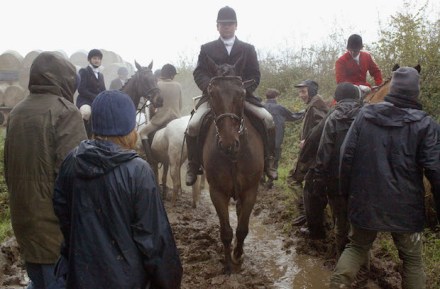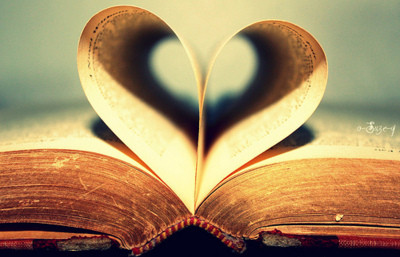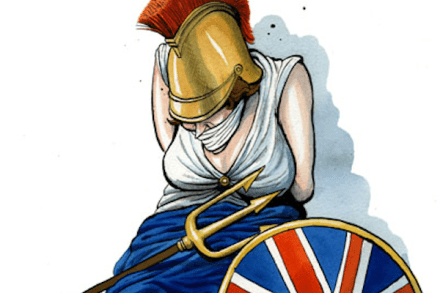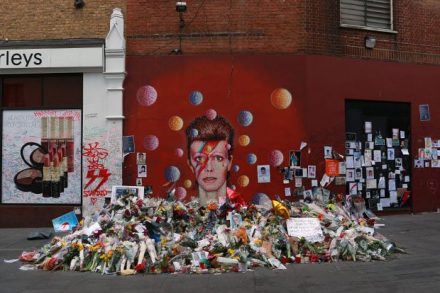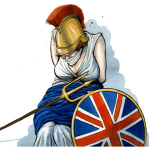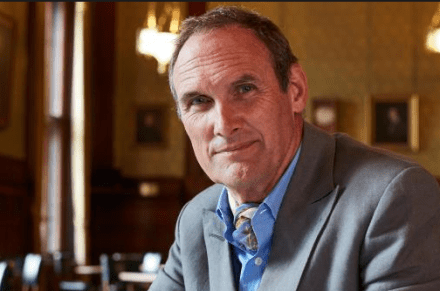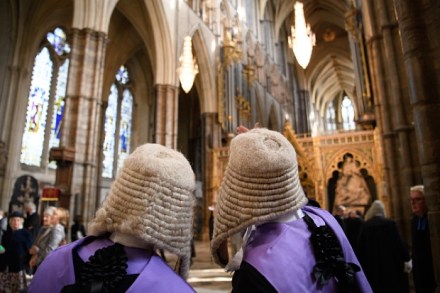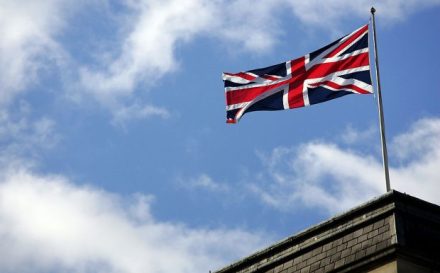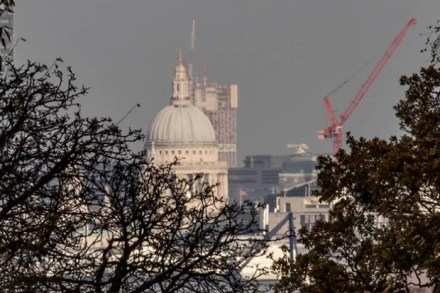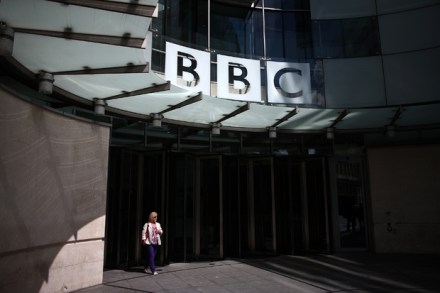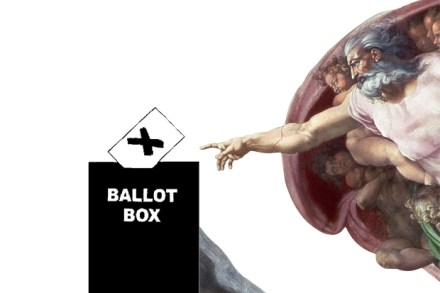Are hunt saboteurs simply out to harass people?
Boxing Day is the one day of the year when people really come out en masse to support their local hunts. Over a quarter of a million people are expected to show their support wherever the meet may be – in town centres, country pubs or the local stately home. It won’t just be hunt supporters going out, though. Twelve years after the Hunting Act, hunt saboteurs will be out in force as well. This is despite the fact that in the past two years, no registered hunts have been prosecuted under the Act. Surely, many people would argue, this means that hunts are sticking to the law, making hunt
